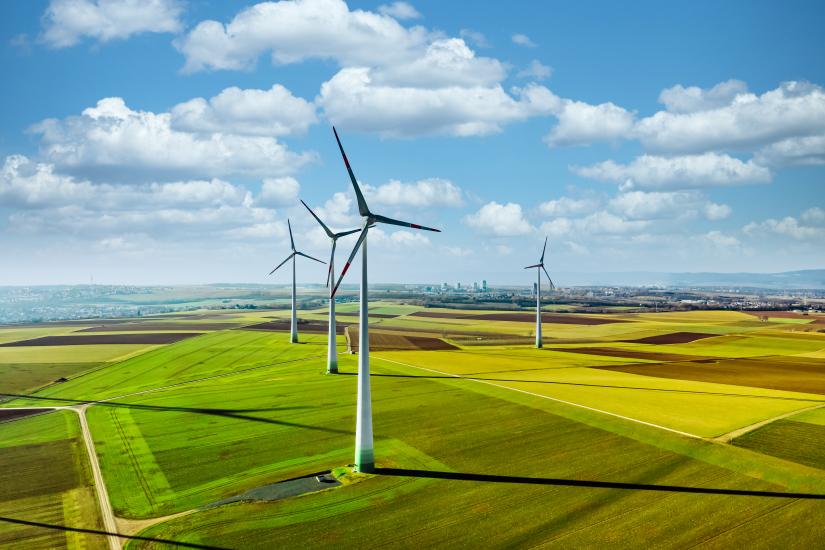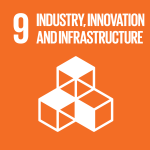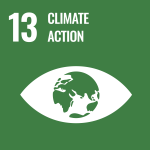Following a Net Zero Integrity Assessment of the Net Zero Pledges of Australian Companies in 2024 (see below) a subsequent report has been conducted to assess companies identified as “real zero” leaders that prioritise science-based decarbonisation and commit to phase out fossil fuels without over-reliance on contested measures like offsetting or carbon capture and storage.
Three companies – Fortescue, Lendlease and IKEA – were identified and assessed against the UN HLEG checklist criteria. While none of the companies fully align with the UN HLEG recommendations, the overall level of alignment is relatively high. Their targets are ambitious and, for some aspects, exceed the requirements of science-aligned decarbonisation pathways. The assessments and interviews also identified specific areas of positive practice relating to their net zero pledges. Four common areas of positive practice and leadership across the companies were identified:
- Commitment to phase out fossil fuels for significant parts of the business, including in the harder to abate sectors of mining and construction.
- Commitment to achieve decarbonisation without reliance on offsets and prioritise absolute emissions reductions within their value chains.
- Efforts to collaborate and support sectoral reform through leadership and information sharing, involving advocacy for real zero (not net zero), Scope 3 emissions protocol, and deep engagement across their value chains to progress decarbonisation solutions.
- Strong internal leadership and commitment to real decarbonisation outcomes, fostering a culture of commitment to targets is a core part of the companies’ culture, and climate and emissions reduction is embedded throughout the entire business.
RESEARCH OUTPUTS
MEDIA
Net Zero Integrity Assessment (2025) (Media Release)
Net Zero Integrity Assessment of the Net Zero Pledges of Australian Companies (2024)
Since the Paris Agreement there has been a groundswell of voluntary net zero commitments by nations and non-state actors. Voluntary pledges now cover over 90% of the global economy. However, most of the voluntary commitments made by businesses fall short of emerging global best practice. Despite the large number of net zero pledges being made, it is becoming clear that voluntary action alone is not enough to drive business climate action at the speed required to align with the science of limiting warming to 1.5 degrees.
In the context of an increasing number of Australian companies making net zero pledges, and with growing stakeholder and regulator scrutiny, Climate Integrity commissioned the UTS Institute for Sustainable Futures (ISF) to assess the net zero pledges of a sample of major Australian listed corporate businesses.
In March 2022, the United Nations established a High-Level Expert Group on the Net-Zero Emissions Commitments of Non-State Entities (UN HLEG) to develop clearer and stronger standards for net-zero emissions pledges by businesses, investors and cities. At COP27, this Expert Group released a report, Integrity Matters: Net Zero Commitments by Businesses, Financial Institutions, Cities and Regions, with ten recommendations for what credible net zero pledges should include.
The ISF project team developed the UN HLEG checklist criteria into an assessment framework and assessed the publicly available transition plan disclosures of a sample of companies for alignment with the criteria. Additionally, we assessed company progress against their emissions reduction targets and alignment of their interim targets to a science-based decarbonisation pathway.
The company assessments undertaken found all ten companies to be lagging behind global best practice, with net zero pledges that largely lack scientific rigour. Despite a majority of companies assessed having a public net zero pledge or transition plan, no company has a fully comprehensive, quantified, capital-allocated and independently verified plan for reducing emissions in line with a scientific pathway. Analysis of emissions reductions achieved to date suggests that less than half are fully on track to meet their own targets.
Based on the findings, the report calls for improved business transition planning, including prioritisation of additional regulatory requirements, such as alignment with clear and enforceable integrity standards in the near-term. New regulatory requirements must be supported by robust disclosure frameworks, transparent sharing of information, and well-resourced regulators and verification mechanisms to achieve the outcome of driving business climate action in line with the science.
RESEARCH OUTPUTS
Net Zero Integrity Assessment of the Net Zero Pledges of Australian Companies (2024) (Report)
MEDIA
Net Zero Integrity Assessment (2024) (Media Release)
Ten of Australia’s top companies lack clear plans to stop using or supporting fossil fuels, report says (2024) (Media)
Researchers
-
Program Lead - Business, Economy and Governance
-
Senior Research Consultant
-
 Gordon NobleResearch Director
Gordon NobleResearch Director -
Research Consultant
-
Research Principal
-
Senior Research Consultant
-
Senior Research Consultant
-
Associate Professor and Research Director
Years
- 2023-2024
SDGs
This project is working towards UN Sustainable Development Goals 9 and 13.











